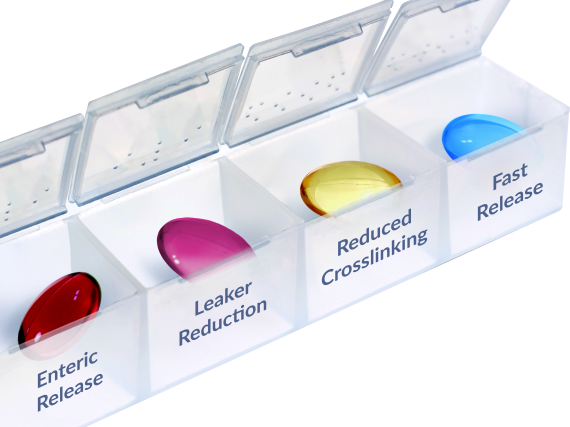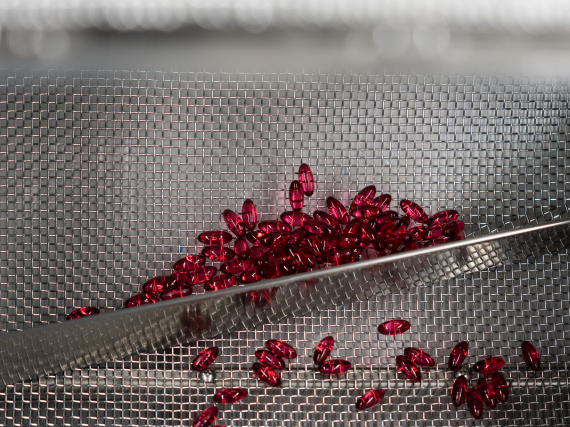Capsule leaks may be tiny, but they can cause major problems in softgel manufacturing. Keen to learn more about how the occurrence of leakers affects the production process, we interviewed 20 softgel manufacturers from all around the world. Most of the interviewees worked in R&D, operations and quality in both health & nutrition and pharmaceutical companies. Here are the key findings:
Age-Old Problem
100 per cent of respondents said they had experienced leaking softgels at some point during the process (drying, production, storage, stability testing, transport and packaging). However, most leakers are detected during or after drying process, in rotating tumblers but also on trays. Furthermore, 85 per cent of softgel manufacturers had noticed a link between leaking softgels and their fill. According to the interviewees the occurrence of leakers is highly depending on the fill system. Lecithin, pastes and (herbal) powders are the most challenging fills. Interestingly, most softgel manufacturers accept leakers within certain parameters, imposing limits of between one and five per cent. This may demonstrate that a certain tolerance for leaker occurrence is necessary, as there has been no reliable solution to fully avoid leaking softgels.
How Can Leaks Be Minimised?
How manufacturers deal with the problem depends on when and where the leakage occurs. The adjustment of machine speed is the most frequent solution, along with changes to the gel mass, drying time/temperature, storage conditions, packaging and transport. Yet such measures all result in lower production efficiency. So, imagine how a gelatin guaranteed to significantly reduce leakers AND maintain production efficiency would revolutionise the manufacturing process…
Introducing EASYSEAL®
The survey showed that while many parameters were adjusted to minimize leakage, one wasn’t touched - the gelatin. By switching from a standard gelatin to our new EASYSEAL® gelatin, manufacturers can increase capsule seam thickness by up to 50 per cent, resulting in robust capsules even at high production speeds. It also makes capsules less likely to leak during drying and cuts drying time by up to 50 per cent. This increases production capacity while reducing energy consumption.
Interested in how EASYSEAL® can help optimise your manufacturing process?
Then get in touch with our experts today or sign up for the EASYSEAL® e-book!











